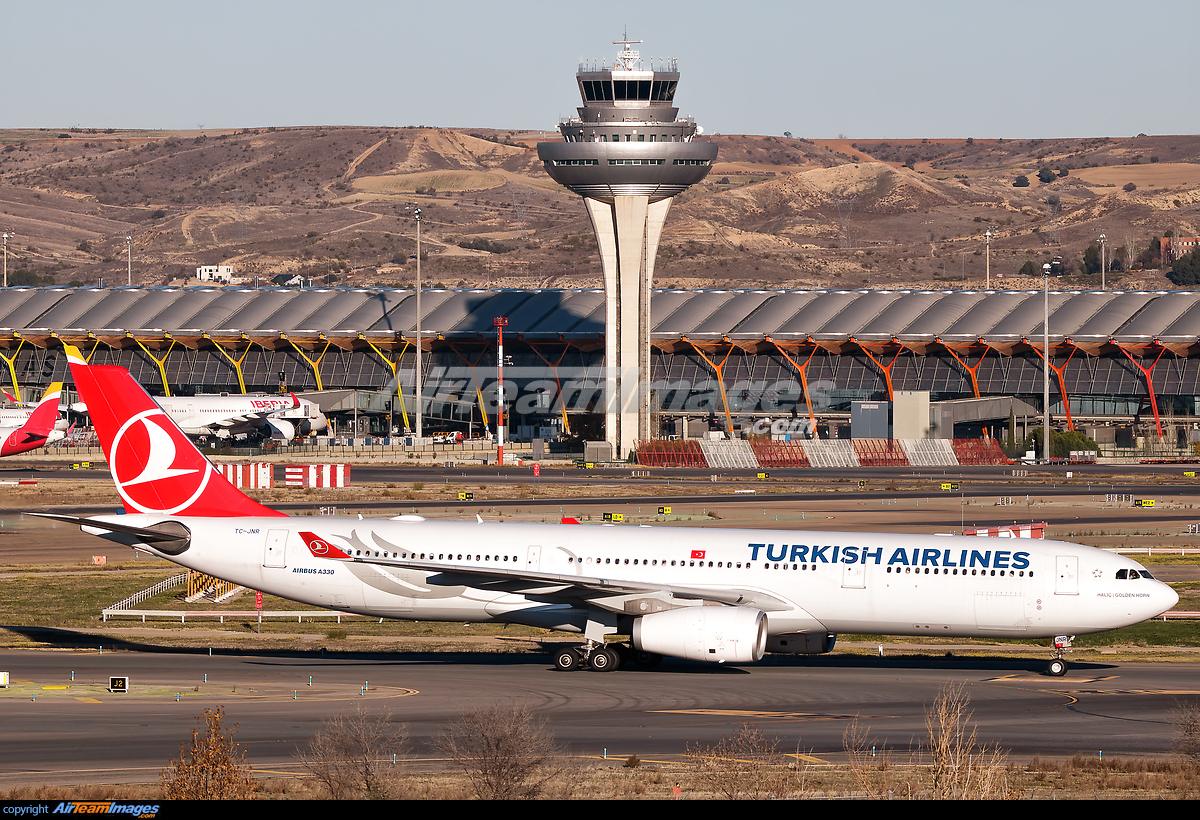Turkey in Turmoil: Political Tensions and Economic Challenges Shape Nation’s Future

A Nation at a Crossroads
Turkey is experiencing its largest antigovernment demonstrations in over a decade, triggered by the arrest of Istanbul Mayor Ekrem Imamoglu on controversial corruption and terrorism charges. The protests have spread throughout the country’s provinces, with some demonstrations in Istanbul drawing more than a million participants, many of them young people.
Economic Challenges
The country’s economic situation has deteriorated significantly, with the Turkish Statistical Institute confirming that the economy contracted by 0.2% in both the second and third quarters of 2025. Household consumption has decreased by 0.3% quarter-on-quarter, while government consumption dropped by 0.4%. Annual inflation remains stubbornly high at 48.6%, forcing the central bank to maintain the key interest rate at 50% for eight consecutive months.
Political Tensions
President Erdogan faces a critical juncture as his presidential tenure approaches its constitutional limit in 2028. His deepening unpopularity has diminished his ability to change the constitution or force early elections, suggesting that four years from now, Erdogan will almost certainly no longer be Turkey’s president.
International Relations
Despite domestic challenges, Turkey has emerged as an indispensable player from the Black Sea to the Levant, and from Central Asia to Europe. Erdogan has emphasized that European security is ‘unthinkable without Turkey’.
Future Outlook
Turkey’s economic woes represent perhaps the most significant threat to Erdogan’s political survival. The combination of recession and high inflation has created a toxic economic environment that has eroded public support for the government. The economic crisis has placed Erdogan in a difficult position – lowering interest rates could stimulate growth but might exacerbate inflation, while maintaining high rates will continue to suppress consumption and investment.
Economists warn that concerns over stability and economic security could damage financial inflows at a time when investor confidence is already shaky. Unless the government can produce a compelling case against Imamoglu, rule of law concerns will likely continue to damage longer-term foreign direct investment flows, which are already low.
